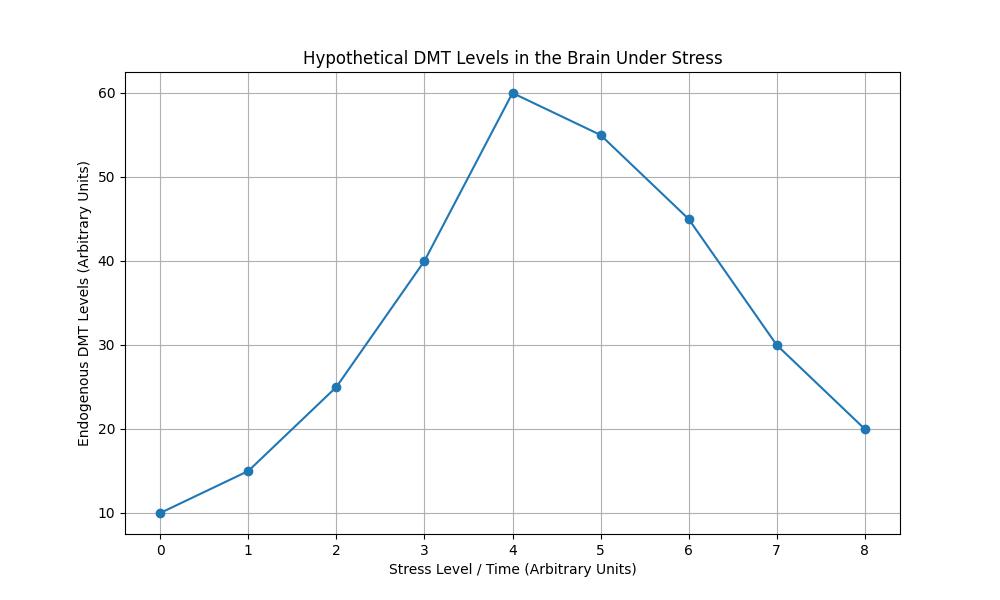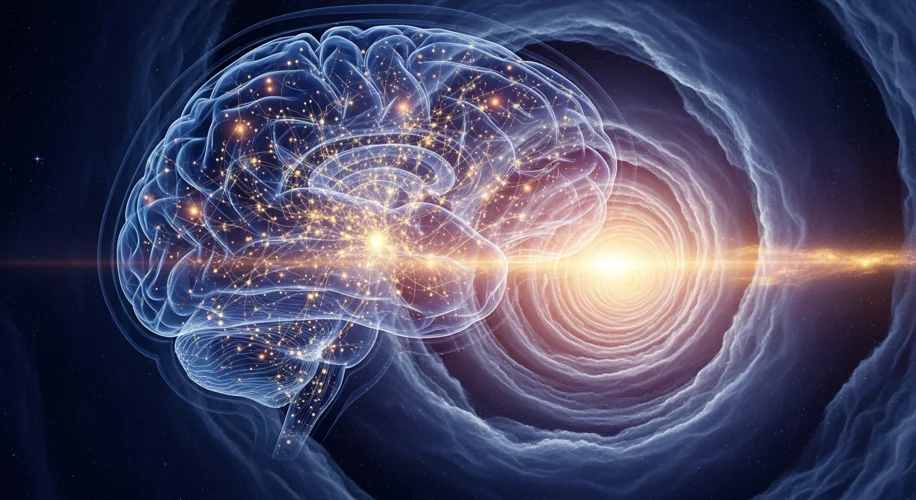As a scientist focused on our planet’s atmosphere and climate, I often explore complex systems and how they impact life. Today, I want to step slightly outside my usual realm to discuss something that sparks a lot of curiosity: the psychedelic drug DMT (N,N-Dimethyltryptamine) and its intriguing connection to near-death experiences (NDEs).
Did you know that DMT is a naturally occurring compound found in many plants and animals, including trace amounts in the human brain? It’s often called the “spirit molecule” because of the profound, often mystical, experiences people report when they consume it. These experiences can include intense visual and auditory hallucinations, a sense of leaving the body, encountering other entities, and a feeling of profound peace or understanding.
What’s particularly fascinating is how these reported experiences overlap with descriptions of near-death experiences. People who have been clinically dead and then revived often describe similar phenomena: a bright light, a tunnel, a review of their lives, a feeling of being outside their body, and encountering spiritual beings.
Scientists have been studying these parallels. One prominent theory suggests that during NDEs, the brain, under extreme stress or oxygen deprivation, might release a surge of endogenous DMT. This endogenous DMT, the DMT produced by our own bodies, could then trigger the subjective experiences that resemble those reported from taking the synthesized drug. It’s thought that this surge might be a protective mechanism or a way the brain attempts to process a critical event.
Researchers have conducted studies where volunteers take DMT and report their experiences, comparing them to existing NDE accounts. While the science is still developing, these studies aim to understand the neurochemical basis of consciousness, altered states of mind, and the very nature of what happens when the brain is under extreme duress. It’s a complex area, delving into neuroscience, psychology, and even philosophy.
It’s important to note that while this research is scientifically intriguing, it’s also a sensitive topic. The effects of DMT can be powerful and unpredictable, and its use is regulated. My aim here isn’t to advocate for or against its use, but to share some of the fascinating scientific questions being explored. The parallels between DMT-induced states and NDEs offer a unique window into how our brains might operate under the most extreme conditions, pushing the boundaries of our understanding of consciousness itself.
What do you think about these connections? It’s a reminder that even in the most challenging situations, our minds can create profound and deeply personal experiences.


